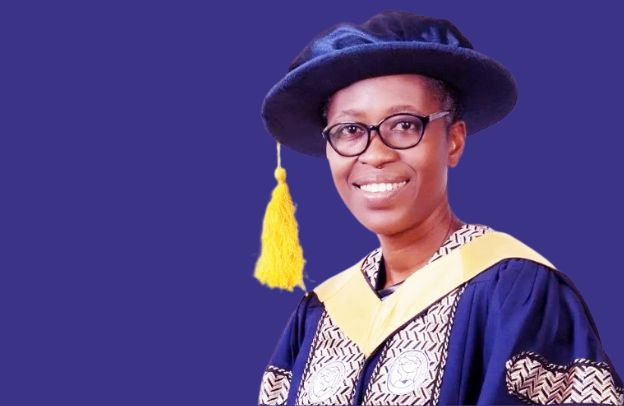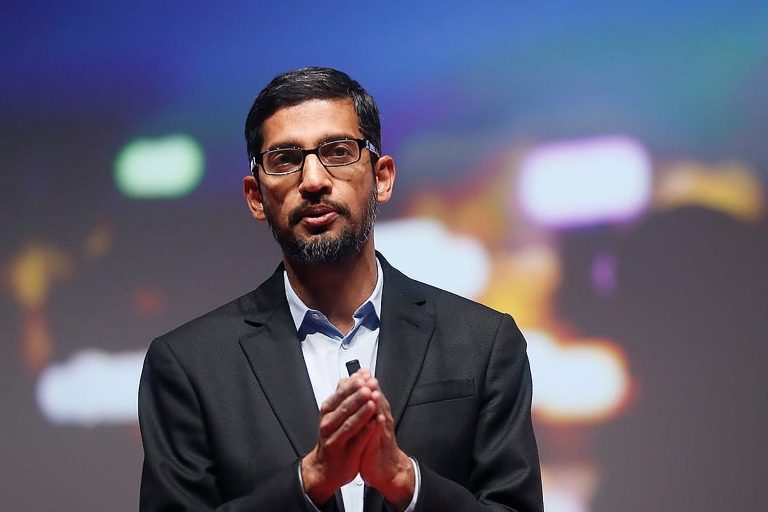The Role Of History In Building The Nigerian National Identity with Dr. Egodi Uchendu

National identity is the feeling of belonging to a country or feeling part of a nation. People usually have strong feelings about their own nationality and show others affection for things that represent their country.
Download the first chapter of The Storytelling Series: Beginners’ Guide for Small Businesses & Content Creators by Obehi Ewanfoh.
It is the sense of “a nation as a cohesive whole, as represented by distinctive traditions, language, culture, and government that creates a commonality among its people”.
The idea of “national identity” can refer to either the subjective feeling one shares with others in regard to their national group membership.
National identity can bring about many benefits such as promoting good governance, better economic growth, and even physical security.
Over the years, the identity question and the difficulties in nation-building have affected the sense of belonging and common progress in Nigeria. But what if there were a strong national identity built around the collective history and experiences as a people?
That is what Dr. Egodi Uchendu will talk about in this episode of the Obehi podcast.
Some Key Points In This Episode
- Why should Nigerians learn about their history?
- What should we concentrate on and learn from our history to build our national history?
- What should constitute the Nigerian national identity?
- The role of history and the building of Nigerian national identity.
The Full Interview With Dr. Egodi Uchendu
The Role Of History In Building The Nigerian National Identity
The role of history in building the Nigerian national identity is crucial. History provides a sense of belonging, a common heritage, and a shared identity that binds the people of Nigeria together. Understanding and appreciating Nigeria’s history is essential in shaping the country’s present and future.
Nigeria is a country with a diverse ethnic, linguistic, and cultural background. History plays a vital role in bringing these diverse groups together by highlighting the shared experiences and struggles that have shaped the country. It provides a platform for people to appreciate and celebrate their differences while recognizing their shared identity.
By studying Nigeria’s history, individuals gain a better understanding of the struggles and achievements of their forefathers. They learn about the customs, traditions, and values that have been passed down from generation to generation. This knowledge helps to promote a sense of pride and appreciation for Nigeria’s diverse culture.
History also helps to shape the country’s present and future by providing a roadmap for development. By examining past mistakes and successes, individuals can learn from them and make informed decisions that benefit the country. It also helps to establish a sense of national unity and purpose that promotes social, economic, and political stability.
History plays a vital role in building the Nigerian national identity by providing a shared heritage, promoting a sense of pride and appreciation for cultural diversity, and providing a roadmap for development. By studying and appreciating Nigeria’s history, individuals can work together to build a stronger and more prosperous nation.
About The Guest: Dr. Egodi Uchendu
Egodi Uchendu (PhD), AvHF, FHSN, FRDA, MNAL, is a Professor of History at the University of Nigeria, Nsukka. She received her doctorate degree in Social History (Women’s History precisely) in 2002, a Master’s degree in Political History in 1993, and a Bachelor’s degree in History in 1989, from the University of Nigeria.
She has worked as a researcher in the United States and several locations in Europe and Africa since 2001. Her research revolves around women in conflict situations, men and masculinities and their relation to women, African historiography, and emerging Muslim communities in Eastern Nigeria.
Professor Uchendu’s major books include Women and Conflict in the Nigerian Civil War (New Jersey, 2007); Masculinities in Contemporary Africa (Dakar, 2008); Dawn for Islam in Eastern Nigeria: A History of the Arrival of Islam in Igboland (Berlin, 2011), with a special Nigerian edition published 2012; New Face of Islam in Eastern Nigeria and the Lake Chad Basin: Essays in
Honour of Simon Ottenberg (Makurdi, 2012). Islam in the Niger Delta, 1890-2017: A Synthesis of the Accounts of Indigenes and Migrants (Berlin: 2018), with a special Nigerian edition published in 2019.
Nigeria’s Resource Wars (Delaware, 2020) and Nigeria’s 2019 Democratic Experience (Berlin, 2022) among others. Professor Uchendu has published outstanding scholarly papers in very highly rated international journals.
Among them are: The Journal of African History; Africa: Journal of the International African Institute; The Social Science Journal (Elsevier); Nordic Journal of African Studies; Journal of Third World Studies, and Asian Women.
Professor Egodi Uchendu has been editor and co-editor of different scholarly journals including History in Africa: A Journal of Debates, Methods, and Source Analysis and Journal of the Historical Society of Nigeria.
She has served several journal bodies as a manuscript reviewer including Journal of Third World Studies (USA), JENDA: A Journal of Culture and African Women Studies (USA), The Social Science Journal (Elsevier, USA); Journal of Higher Education in Africa (Dakar, Senegal), Africa Development Journal (Dakar, Senegal), Africa Journal of International Affairs (Dakar, Senegal), Journal of the Historical Society of Nigeria, Nsukka Journal of Humanities and others.
Professor Uchendu has a record of outstanding achievements in research. She has been a research fellow in several top-rated research institutes and has won several research fellowships and grants.
Her outstanding scholarship has been funded by the Fulbright Foundation (United States), Alexander von Humboldt Foundation (Germany), A. G. Leventis Foundation and others.
Uchendu has served as Director of the B. I. C. Ijomah Centre for Policy Studies and Research, University of Nigeria, Nsukka, and the CODESRIA Gender Institute, Dakar, Senegal. For further details on Professor Uchendu and her scholarship.
You can learn more about professor Egodi Uchendu on her Linkedin page.
Learn More About Obehi Podcast
Obehi Podcast brings you leaders and experts from different industries to share their experiences, relating to Africa and the African diaspora. Listen to Obehi Podcast across different platforms: Spotify, Apple Podcast, YouTube, and much more.
Download the first chapter of The Storytelling Series: Beginners’ Guide for Small Businesses & Content Creators by Obehi Ewanfoh.





